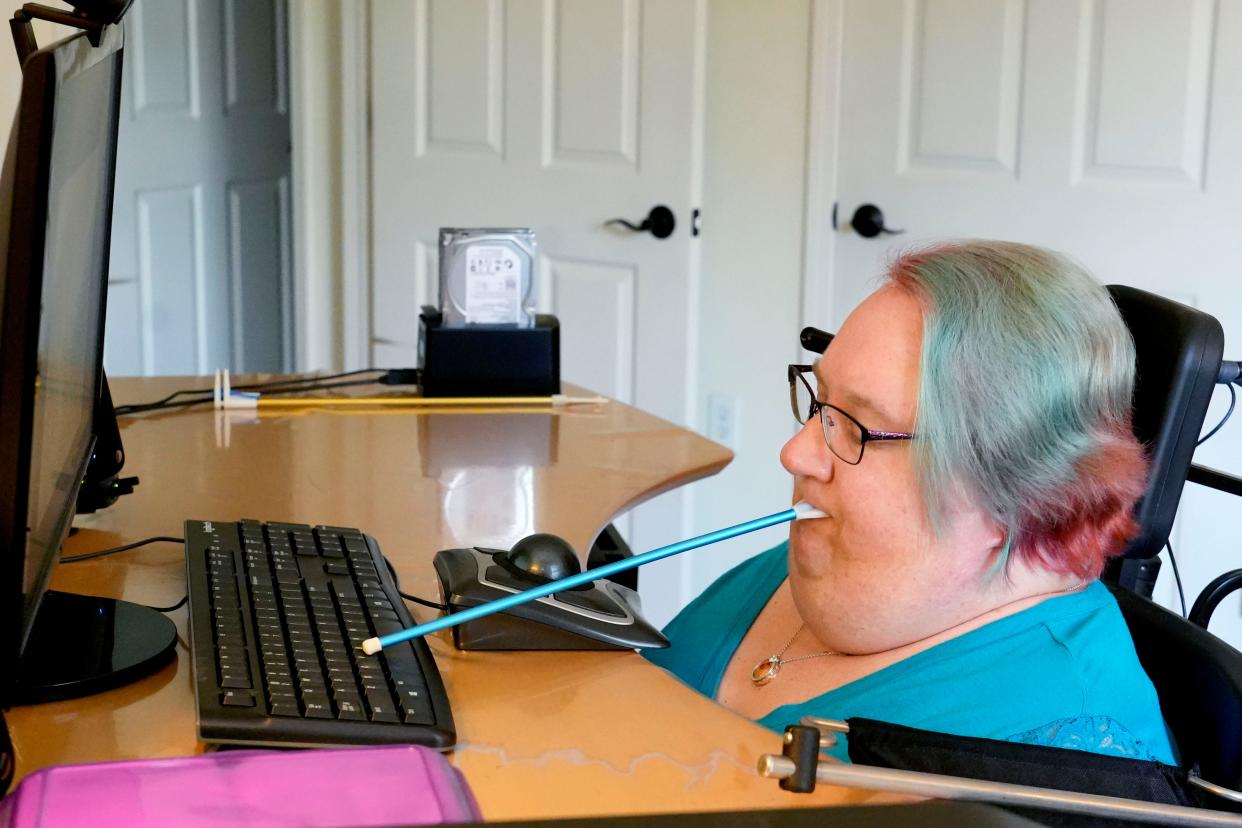6 things to know about changes to a Wisconsin program for the elderly and disabled, and why advocates are worried

Changes are coming to a statewide program that helps people with disabilities and the elderly live independently in their own homes.
Aging and disability advocates are worried that the changes may make it harder for the elderly and disabled to live in their own homes, if any cutbacks result in people losing critical services.
For years, the program, called Family Care, was managed by nonprofit organizations based in Wisconsin.
Now, two national, for-profit health insurance companies have bought the two largest of the Wisconsin nonprofits that manage Family Care.
"We're seeing something like what we feared is actually happening," said Lynn Breedlove, former executive director of Disability Rights Wisconsin. "Now we are going to have a sizeable part of our long-term care system run by companies that are not based in Wisconsin."
Here's what to know about the changes.
What is Family Care and how does it help the elderly and disabled?
Family Care is a state Medicaid program that helps low-income people with disabilities and elderly people live as independently as possible in their own homes and out of nursing homes.
The program costs more than $2 billion in state and federal dollars to run each year.
It pays for the caregivers and other help that some people with disabilities and elderly people need to go about their daily lives. If someone in Family Care needs to live in a group home or go to an adult day care center during the day, Family Care can pay for this.
How many people are in Family Care and who are they?
More than 53,000 people are enrolled in Family Care and include some of the most vulnerable people in the state.
They are people who are low-income or impoverished, including those who cannot physically work and those who have used up all their savings and can no longer pay for the kind of care they need.
They include people born with severe physical or cognitive disabilities, people paralyzed by spinal injuries or strokes and elderly people who need help getting dressed, bathing, using the bathroom and doing other everyday tasks.
Who is involved in the changes in Family Care?
Health insurance corporations Humana and Molina Healthcare have bought two nonprofit corporations with a long history of managing the Family Care program.
A subsidiary of Humana, iCare, bought Inclusa, one of the nonprofits in June. The other nonprofit, My Choice Wisconsin, was bought by Molina on Sept. 1.
Both Humana and Molina already contract with the state to manage the medical care of people covered by BadgerCare Plus and other Medicaid programs. With these purchases, the health insurers became certified to manage the long-term care of three out of five people in the Family Care program, or more than 30,000 people.
What will this mean for people in Family Care?
State health officials say the quality of care will not change under Humana or Molina and that they do not expect any cuts to the service network.
But many aging and disability advocates are not so sure. They worry that the health insurers might deny needed care to people in the program in order to save money or boost profits. They also worry that providers of long-term care services, such as assisted living homes or group homes, may suffer financially if the health insurers choose to cut the rates they pay them, and that providers will shut down.
State officials say the health insurers must meet the state's quality expectations and contractual obligations. They also have adjusted the state's contract with the health insurers to try to address advocates' concerns.
What do experts say?
Long-term care researchers have said that large health insurers like Humana and Molina are difficult to monitor and that rigorous enforcement is needed to catch problems.
Some researchers were pessimistic about the future of Family Care.
"It will run the serious risk of losing its community and state identity (under for-profit health insurers) and its responsiveness," said Larry Polivka, professor emeritus of aging studies at the University of South Florida.
Others had higher hopes.
John Bowblis, an economics professor at Miami University in Ohio, said national health insurers could save taxpayers money if they can deliver long-term care services more efficiently than the nonprofits.
What have Humana and Molina said?
Both health insurance companies declined requests for interviews, but provided brief statements.
"Together, Humana and Inclusa have the expertise and resources to continue to deliver excellent person-centered care and supports to members and remain strong partners in our communities," a statement from Humana said.
A Molina spokesperson said that buying My Choice Wisconsin aligns with Molina's mission of providing quality care to aging and underserved communities.
This article originally appeared on Milwaukee Journal Sentinel: What to know about changes to a Wisconsin program for the elderly, disabled

